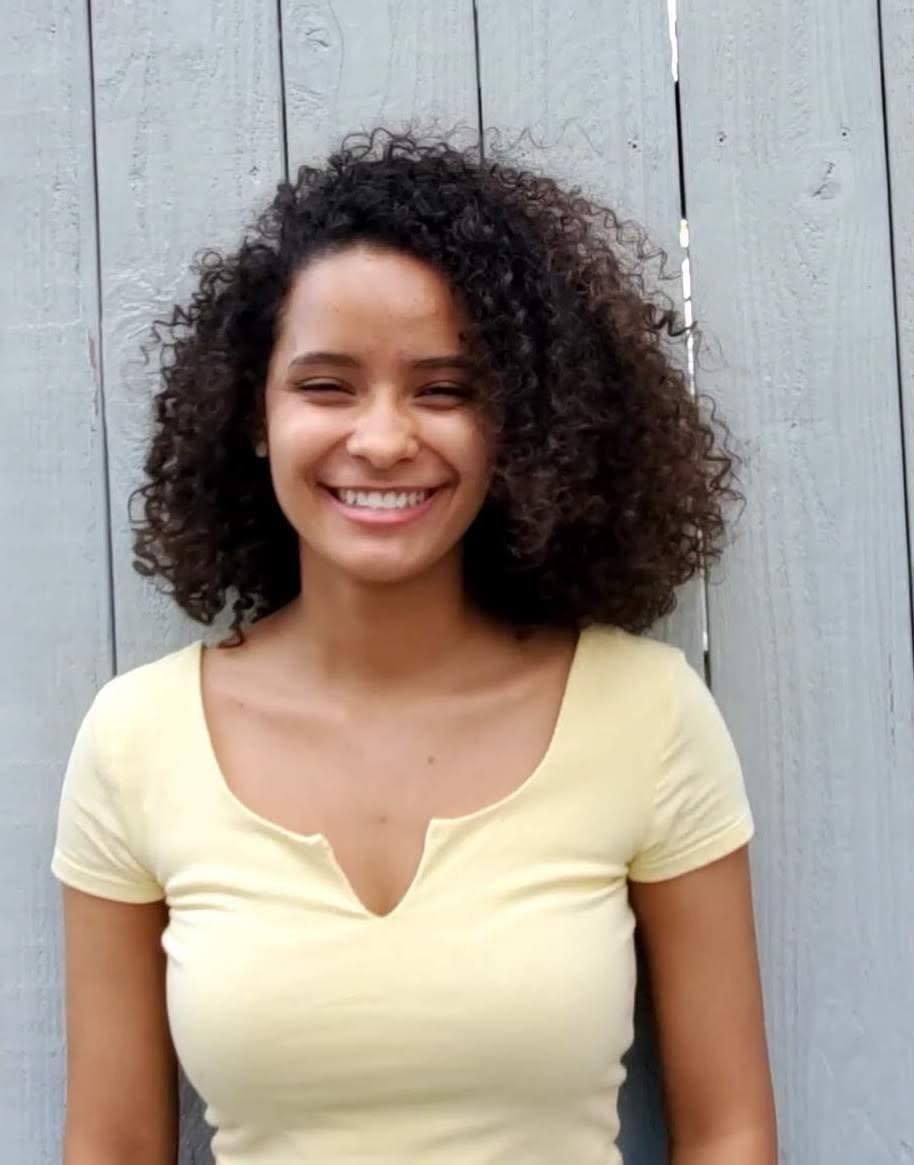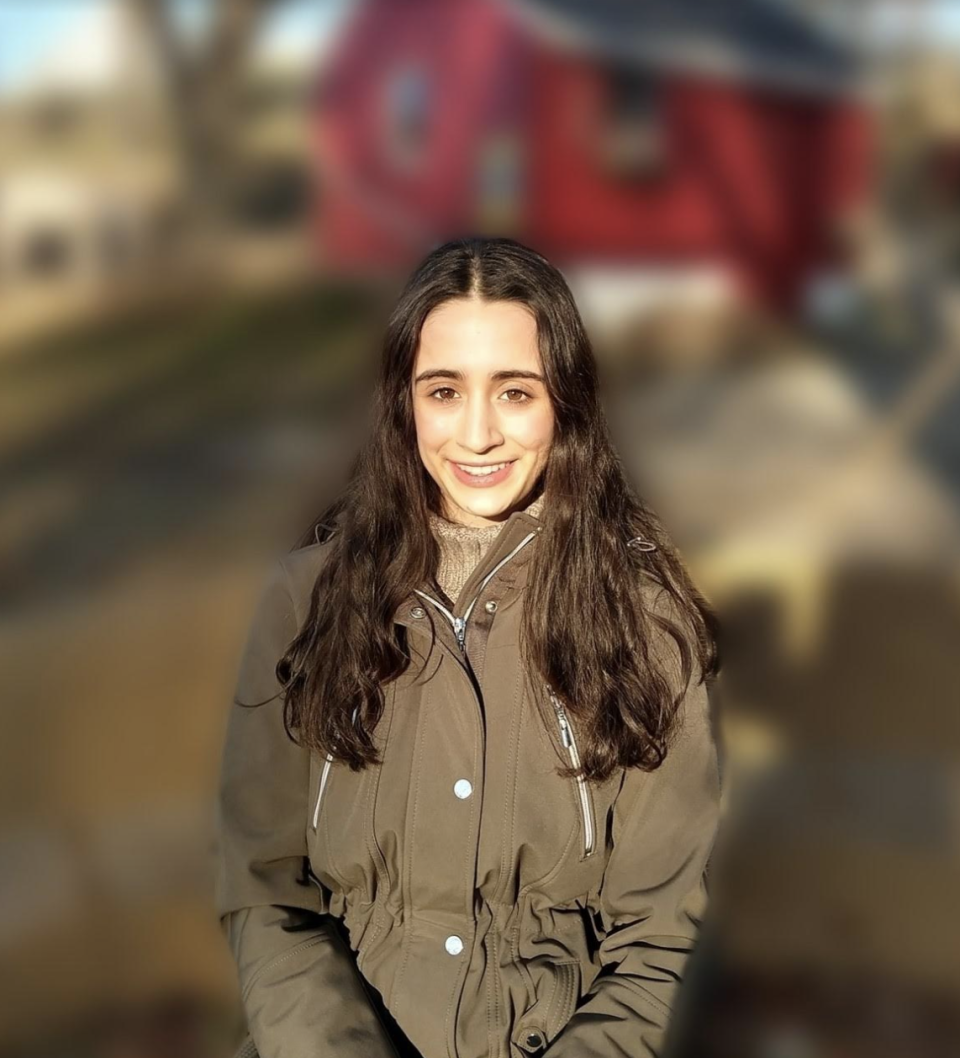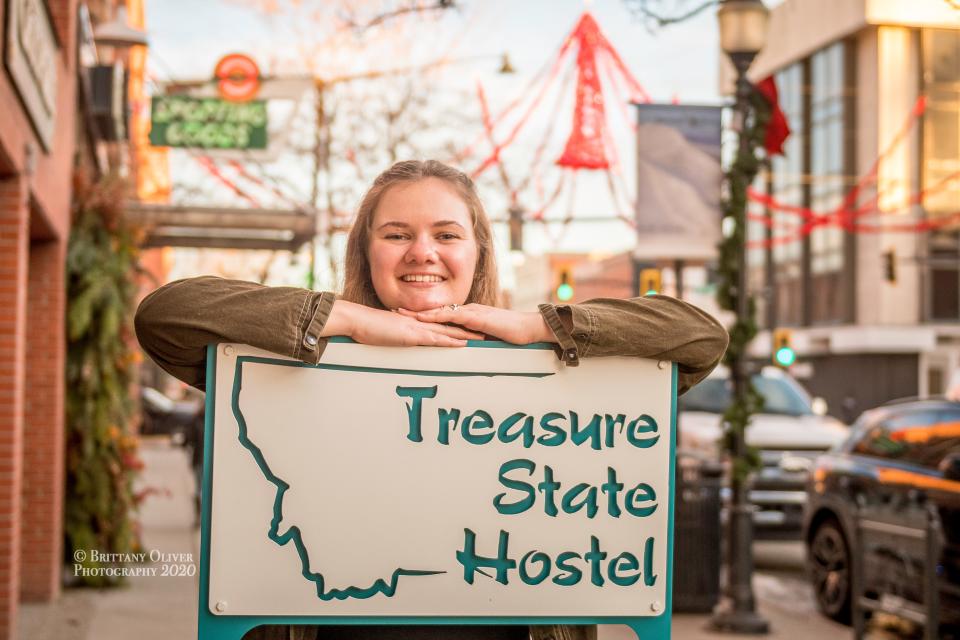COVID Gap Year: How 5 Students Spent Their Time During the Pandemic
As worried as she was about delaying college, Faith Chadwick was clear on one point: She wanted to study in person. Her freshman year at DeSales University in Pennsylvania still beckoned, but she ultimately decided to postpone her enrollment until the worst of the pandemic was over.
“I had not considered taking a gap year whatsoever before COVID struck,” Chadwick, 19, told Teen Vogue.
College enrollment in spring 2021 dropped 3.5% in one year from 17.5 million to 16.9 million, according to the National Student Clearinghouse Research Center. That marked “the largest decline in year-over-year percent change and student headcount since 2011,” when the center first published enrollment data.
For some students, lost income made it impossible to pay for college tuition during the pandemic. For others, it was the prospect of missed experiences — partying in a dorm, tailgating a sports game, or hanging out with roommates — that moved them to take a year off.
“I had college friends whose semesters had already been turned online and they were telling me that it seemed like a waste, having to spend all this money to go to college and be on their computers,” Chadwick said.
Chadwick, who was born and raised in Phoenix, Arizona, enrolled in a dual bachelor’s and master’s physician assistant program. During her gap year, she drew blood from patients at Mayo Clinic branches in Minnesota and Arizona. “I’ve also gotten to speak firsthand with the patients that I draw blood from,” she said. “So many of them sit down and tell me their entire life stories.”
Unlike Chadwick, some recent graduates knew they wanted to take time to do something different after high school. Jimena Molina from Fayetteville, Georgia, joined the National Security Language Initiative for Youth, a fully funded scholarship offered by the U.S. Department of State. As early as her junior year in high school, she knew that she wanted to take a gap year.
The first-generation college student, 19, notified Bowdoin College that she planned to study Mandarin in Chengdu, China. “At the time, my program said, ‘We know there’s a lot of uncertainty in the world, but as of right now, we’re going to move forward and plan for an in-person program,’” Molina told Teen Vogue. Then the announcement came that classes were moving online for the 2020-2021 school year. “I was really sad. At that point, I told my college that I had to do it,” Molina said. “There was nothing else.”
Molina studied Mandarin virtually for four hours a day. But she had no exposure to the language outside of class, which was part of the reason she wanted a gap year. At home, Molina spoke Spanish and English. “When I was done with class, I wouldn’t use Chinese at all,” Molina said. “We don't have a Chinese community here. There's nobody to practice with. If I was in the country and I wanted to go for boba, I would practice ordering in Chinese, and use what I learned in class. I would remember it better.”
For her final project with the language program, she analyzed Chinese activist Chai Jing and Under the Dome, a documentary about pollution in China that was censored by the government after it went viral. “When I did research, there weren't many sources on her in English,” Molina said. “Right now, I can’t read most of them because my Chinese is so limited. My hope is to be able to read them.” This fall, Molina plans to balance environmental studies and Mandarin classes on the Bowdoin campus.
Edith Desantiago, 21, another first-generation college student, spent her pandemic gap year juggling chores. As the oldest of four children, the Dallas College sophomore is taking several years off school to help support her family.



In her free time, she returned to a childhood hobby: raising chickens. Back in 2012, her brother received his first chicken. "This chicken was literally human. She had a spunky attitude and she’d clean her feet before entering our home,” Desantiago told Teen Vogue. “She was always on my mind. And during the gap year, I needed chickens back in my life.”
To start, Desantiago bought six chickens. “I’m tired of technology and I wanted to be around more living creatures,” Desantiago said. “There are so many of them. The fluffy ones. The giant ones. The tiny ones. Or the duck or the geese.”

She’s now raising 12 chickens. She also babysits for extra income and cares for her three younger siblings, helping them with remote schoolwork. “It can be chaotic. Sometimes I’m in meetings, and I hear them screaming or crying,” Desantiago said. “The kids are banging on the wall because they need something or my parents need me to translate for them.”
Still, the gap year offered her a break from being depressed and failed classes. Prior to the pandemic, she said she slept five hours and commuted to work, rarely eating enough. But she still had to pay bills and check on her siblings. “I was a robot, but now, with all that free time, I even started writing. I want to write a book and hopefully publish it,” Desantiago said. “There are so many things I want to do. I want to dance. I want to transfer to Stanford. I started dreaming and that’s the prettiest thing ever.”
First-generation students like Desantiago, Molina, and Celeste Carrasco faced unique challenges during the pandemic, split between family expectations and their academic future. Carrasco, 19, never expected to take a gap year, but ultimately delayed her freshman year at Harvard University, where she plans to study mechanical engineering or computer science.
“My decision was based on how confident I felt studying online,” Carrasco told Teen Vogue. “I come from an under-resourced high school and I’m a first-generation and low-income student. If I did my first year online, I wouldn't have received the same support as if it was in person.”
Carrasco took computer and data science courses online. Later, she audited calculus through Harvard. “I had a chance during my gap year to have a taste of what college would be like,” Carrasco said. “Taking the class proved my point on how hard it was not to have in-person support.”
The gap year also meant more family time. Carrasco lived in Honduras, away from her parents, for most of her childhood. “I have been with my family since 2014 when I came here, so spending time with them is very important,” she said. But her parents worried that a gap year would place Carrasco behind. “But behind what? Or who?” Carrasco said. “ This is not a competition with all these people. This is about you and what works for you. All the people in these colleges have such a diverse background that what works for one doesn’t work for another.”
Carrasco spent her gap year at home in Weehawken, New Jersey. “Since it was such a last-minute decision, I couldn’t travel and didn’t have anything planned,” she said.
Even with pandemic restrictions, some college students found ways to travel. Lainey Colglazier, 21, worked in three hostels. As a geology and geophysics student at Purdue University, Colglazier deferred her study abroad in Zurich, Switzerland, after the program was canceled due to COVID.
For her gap year, she worked in Boseman, Montana, New Orleans, and Boston through Workaway, which arranges work and home exchanges. “I picked cities on the map that I had never been to before but thought I would love to live there, and moved there,” Colglazier told Teen Vogue.


Version 2
On average, she spends 20-25 hours per week at work. “I would call it the work you imagine at a hotel,” Colglazier said. “You’re cleaning beds and checking guests in and out. As a manager in Boston, I do a little bit more with pricing.”
But she also meets travelers with fascinating life stories. “Some people are just trying to get from point A to point B, but some people are lifelong travelers and they have the best stories and experiences,” Colglazier said. “You can crack open a beer and talk all night.”
Want more from Teen Vogue? Check this out: Recent Graduates Are Falling for Scam Jobs
Stay up-to-date with the politics team. Sign up for the Teen Vogue Take!
Originally Appeared on Teen Vogue

